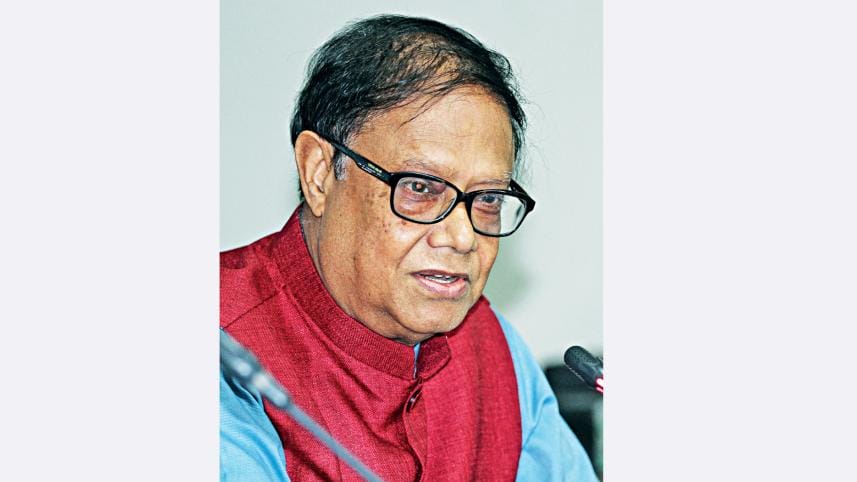$5b spent abroad on healthcare a yr

Bangladeshis spend more than $5 billion annually on medical treatment abroad, with India and Thailand being the primary destinations due to their more advanced healthcare systems, according to Bangladesh Bank Governor Ahsan H Mansur.
"Unless we develop the medical facilities, we have fallen into the trap of India and Thailand," he said, adding that the local people do not have the trust in the local healthcare system.
Improving the quality of service is critical, Mansur said at a workshop titled "Cross-Border Data Flow: A Bangladesh Perspective" jointly organised by the Policy Research Institute of Bangladesh and the World Bank. The event took place at the Amari Dhaka.
A significant portion of the expenditure occurs unofficially, placing considerable pressure on the country's balance of payments.
To address this issue, he called for establishing a legal framework for data processing, which would enable efficient sharing of data locally and across borders.
Mansur also said the country lacks the regulatory framework in the national data management system.
Since there is no central data repository system, the individual bank cannot create such a big volume of data system alone as it needs a collective effort.
The private sector cannot make the national data repository system, but it can help the government for making it, he said.
Although Bangladesh has a lot of data the country cannot use the data effectively, Mansur added.
The main obstacle in data sharing and data management is the lack of digital infrastructure, said Subrata Paul, focal point of the health economics unit of the ministry of health and family welfare.
A national health care card is not needed as the National Identity (NID) card is enough to address the healthcare system.
But the problem is that the NID also lacks a lot of basic information, he said.
It is not possible to make the data system without real-time data and digitalisation, Paul added.
Institutes must work to make data management easy, said Md. Sabbir Hossain, deputy managing director and chief operating officer of BRAC Bank.
In the open discussion session of the workshop, the speakers said the banking and telecom sectors have a lot of data but they cannot share the data because of data privacy and national security.
However, the tourism and healthcare sectors' data are not too risky and these data can be shared within the country and outside of the country.
Although no estimates are available to assess the contribution of smooth data flows for Bangladesh, a recent estimate suggests that a restrictive data regime may hinder imports, enhance import prices and thereby have deleterious impacts on economic growth, said Ashikur Rahman, principal economist at PRI.



 For all latest news, follow The Daily Star's Google News channel.
For all latest news, follow The Daily Star's Google News channel.
Comments